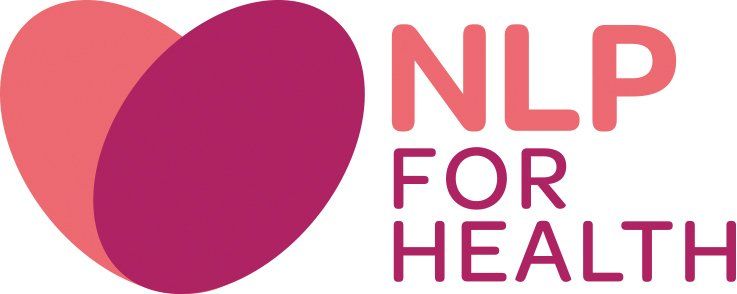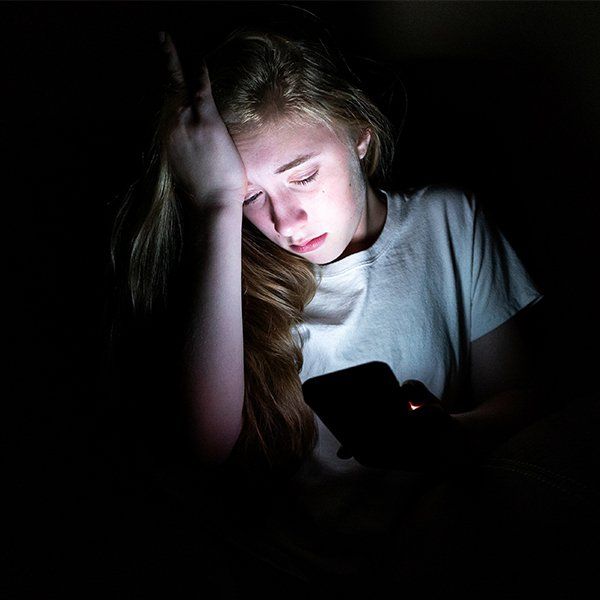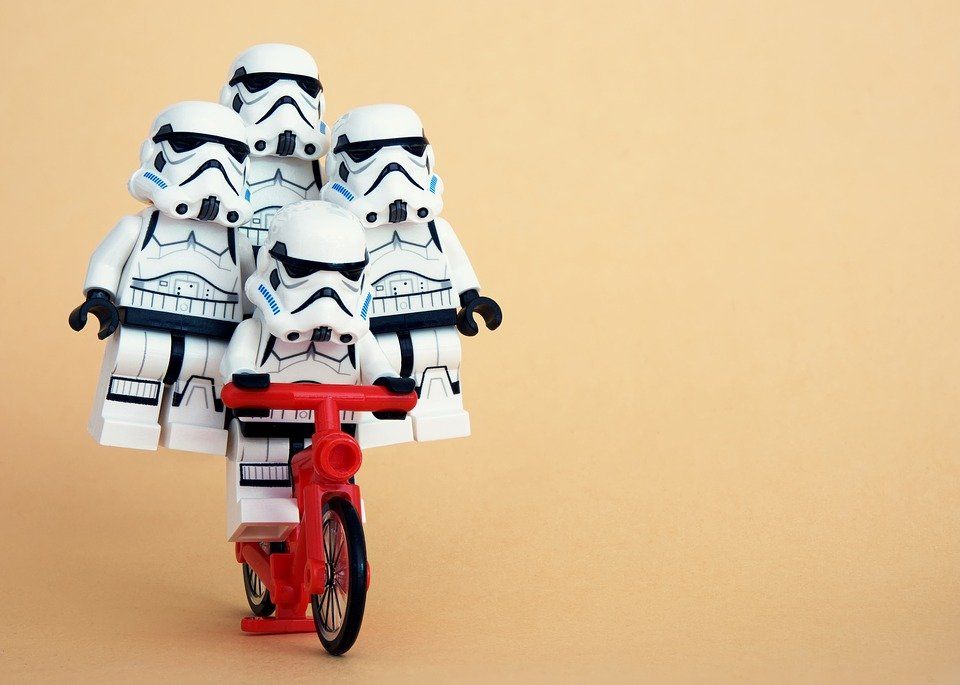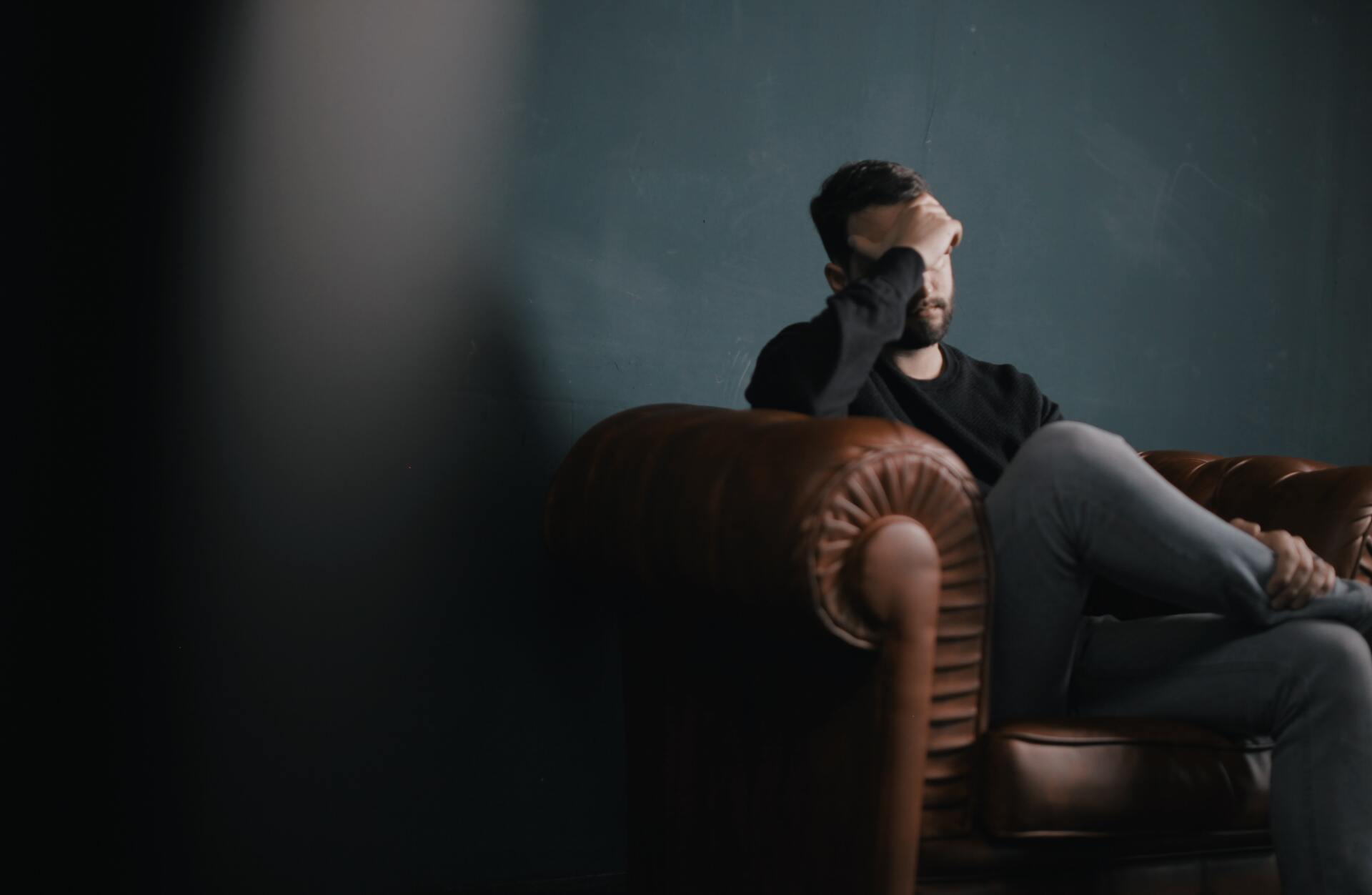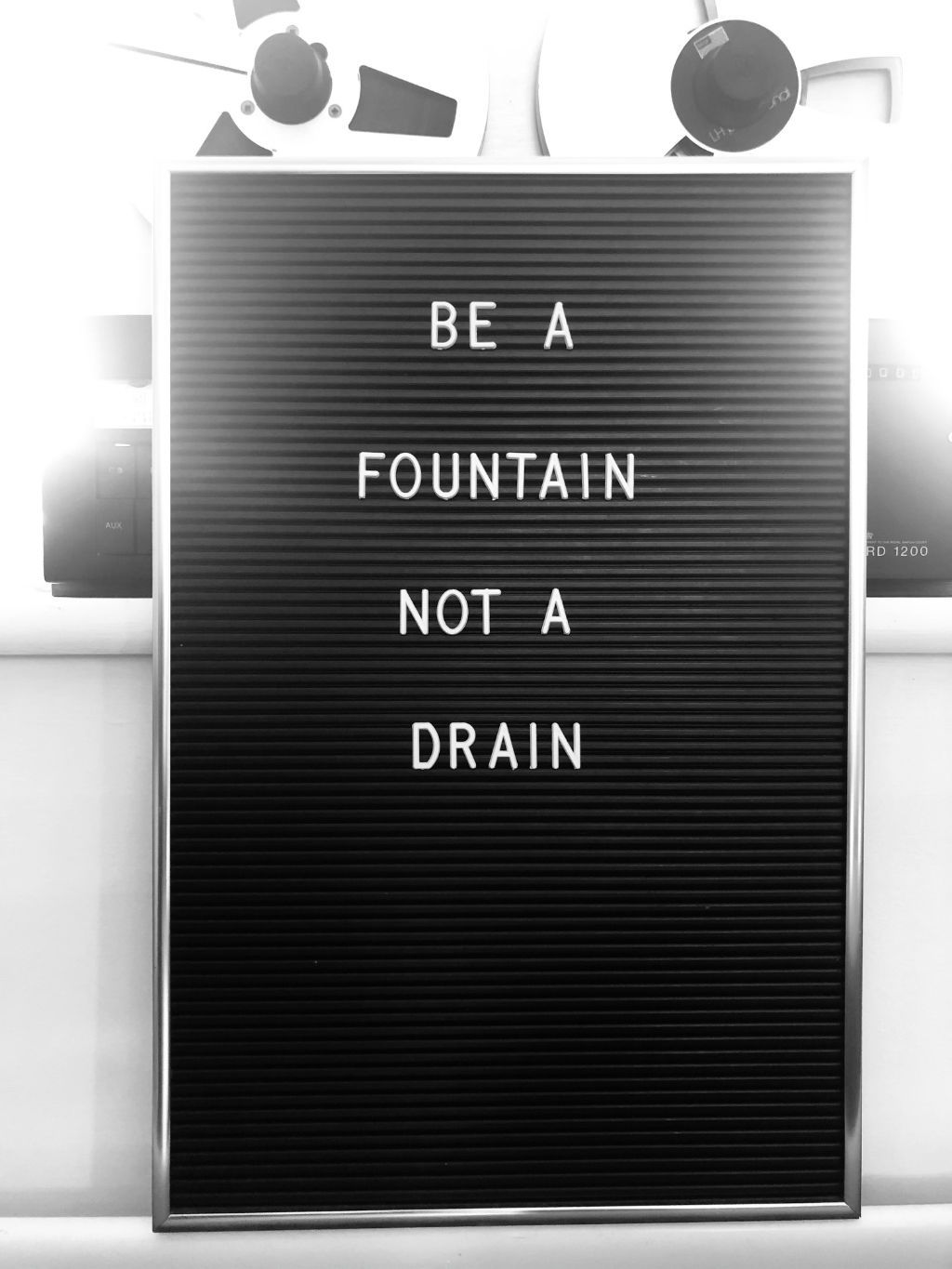iPads and phones - how to teach your children to switch off when you're working from home
Tasha Thor-Straten • 19 May 2021
Juggling home-schooling, working from home and dealing with smaller circles of support networks has been really tricky. Has tech maintained or diminished the opportunities for switching off?

iPads and phones are awesome, but when they're used as a childhood pacifier for long periods of time without regulation, they can cause real problems.
My partner and I work from home. We have 5 children in our blended family, aged 16-10 years.
During lockdown, they relied on tech to carry on learning. They were plugged in, zoomed out and had to adapt very quickly to a new way of working.
They managed really well. But we noticed that they kept disappearing to their rooms for long periods of time, watching YouTube, TikTok and endless supplies of imagery.
We agreed and set daily limits, hid the devices when necessary, checked content and messaging to ensure they were safe online.
There are times when they say "there's nothing else to do". And that's when I know I have succeeded.
There's always something else to do.
There's always someone to talk to.
There's 209 board games in the cupboards, 1134 pens and a ton of books that could fill a section in the local library.
In my opinion, if you don't want to communicate with your child, put a dummy in their mouth when they can talk, stick them in front of a screen for hours and hours and wait to see how they interact with others, deal with conflict and figure out their own problems.
I don't mind being temporarily disliked by the children for the simple fact that when electronics are out of sight, we have a happier household.
All of a sudden they engage with each other. They share time outside. They get creative. They play games with us. We play table tennis. We feed the ducks........all after the initial "I hate you" comments and death stares, I might add.
I often overhear the kids complaining about me challenging them about their online activities. That's good. It shows I'm being a parent.
Switching off doesn't mean disconnecting. Switching off means making time for people, conversations and stuff you love doing.
I switch off from work by:-
- saying "no" to late afternoon / evening meetings & networking calls
- saying "no" to appointments that infringe on family time
- saying "yes" to being present when the kids are here
- putting my phone on silent and out of sight from the dinner table and whilst watching a movie
- not accepting calls or responding to texts after hours (I log off everyday by 5pm)
- tidying my desk and packing away my work until the next day
- making plans with the kids now that lockdown is easing
- getting outside, even when it's raining (there's no such thing as bad weather, only bad clothing - originating from the Scandinavian parenting mantra that supports the belief that getting outside everyday is essential for children's mental and physical wellbeing)
Don't forget:-
- your children are always watching
- your children are always watching
- your children are always watching
When you switch off and work towards a healthy balance in your life, your children will mirror you.
If you're working from home and juggling your workload, the kids, your relationship and all the other stuff you've got going on, try to grab moments of time in your working day where your focus is on fun, laughter and connection.
We call them 'magical moments' - a bit twee, I know. However, short bursts of these moments really do uplift the feel-good factor for everyone.
I don't want our kids to be "phone-faces", not able to go out without being plugged in.
And that starts with me showing them that my phone is not my dummy.
⚡️
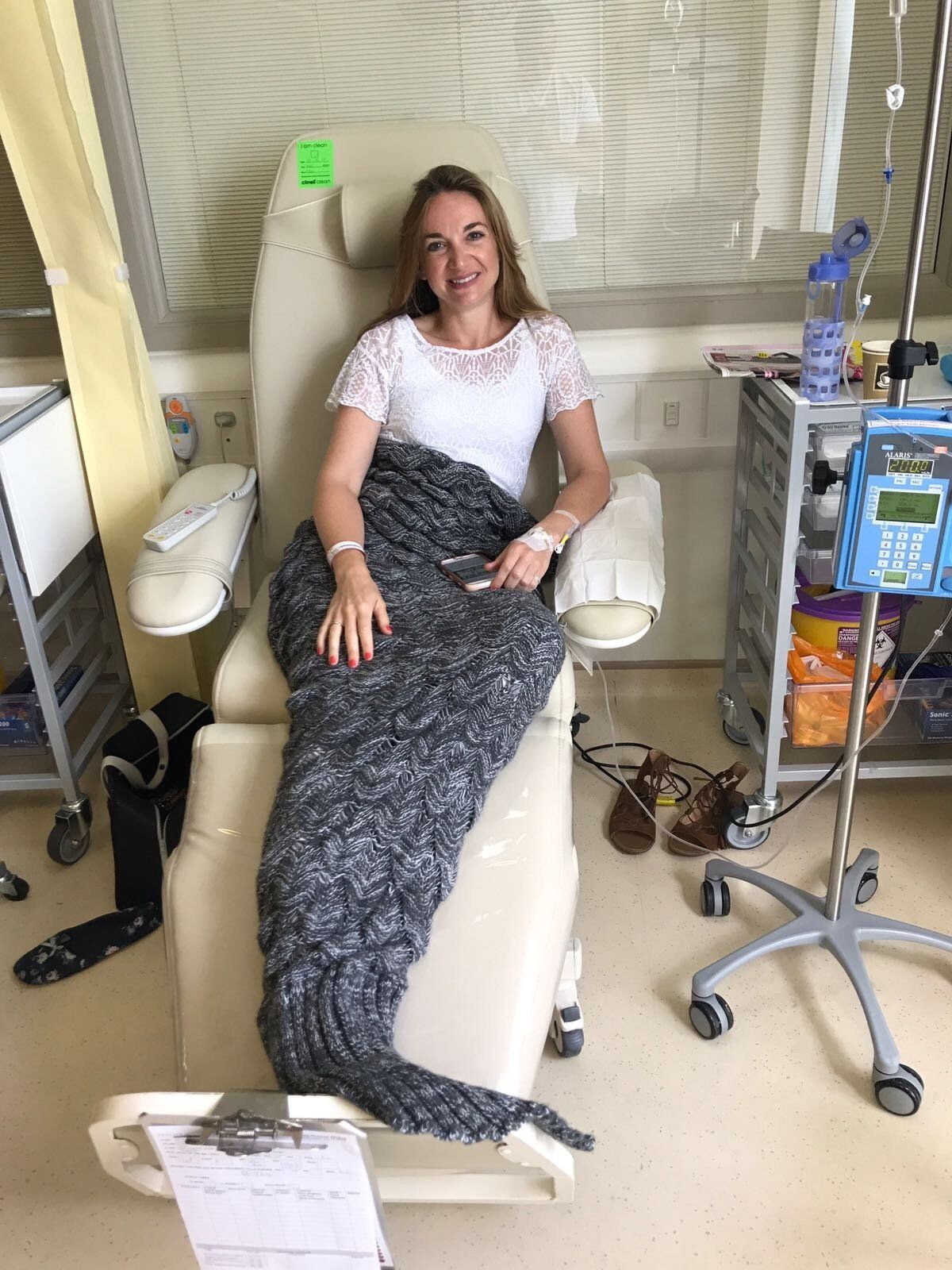
NLP is an essential addition to focus on what's important when going through a cancer diagnosis.
As an NLP Master Practitioner focusing on health, I help people everyday to focus on their physical and mental wellbeing. This is especially useful when going through a cancer diagnosis or any life-changing illness.

As an NLP Master Practitioner Life Coach, my work with children and families is very rewarding. I help children of all ages build their self-esteem from the inside out, giving them life-skills to deal with challenges and obstacles.
I also help parents teach their children how to stick up for themselves, build their resilience, to have a voice and be able to use it safely.
Everyone learns more about themselves and what's important to them.
They learn positive ways to deal with strong feelings, anxiety, stress, fear and shame.
